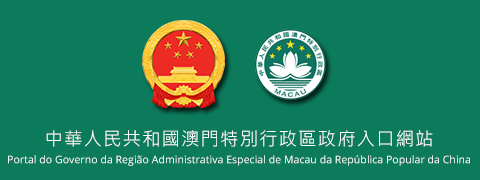During the Energy Saving, Emission Reduction and Carbon Trading Symposium at the 2009MIECF today, China and representatives from the European Union introduced their energy-saving and emission reduction targets and policies respectively. China’s three-way approach of energy-saving and emission reduction strategy Mr. He Bingguang, Deputy Director of Resource Conservation and Environmental Protection Division of National Development and Reform Commission, said that energy-saving and emission reduction is an urgent and long-term strategic task for the Chinese government. “It is imperative to combine the usage of legal, economic and administrative means to guarantee a desirable result of energy-saving and emission reduction,” he said. As stipulated in the "Eleventh Five-Year Plan Outline", Chinese government puts energy-saving and emission reduction as a must-achieve goal. By using public resources and administrative power, the government is committed to eliminate outdated production techniques and promote the application of energy-saving and emission reduction technologies. It also endeavoured to apply an emission reduction target among energy-consuming corporations and other pollution sources. From the three aspects of restructuring, technology upgrading and supervision and management, China has made some progress in energy-saving and emission reduction, Mr. He said. EU boosts green economy Mr. Magnus Gislev, First Secretary of European Union Representative at Beijing, and Ms. Marie-Hélène Fandel, Policy Analyst of European Policy Center, introduced and analysed the EU’s policy of energy-saving, emission reduction, carbon emissions trading and energy usage. Delivering an address entitled “EU Policy on Energy Saving, Emission Reductions and Carbon Trading”, Mr. Magnus Gislev said environmental protection and commercial competitiveness are not fundamentally contradicted. “Far-sighted environmental policy will open up commercial market for technology innovation and increase employment opportunities,” he said. “Any country investing in environmental protection and energy-saving projects will benefit, because it can improve the standard of living, create business opportunities and reduce reliance on imported energy.” He said that sustainable development is the future of human society, thus EU is determined to play a leading role and will prepare proposals for the long-term objectives during the Copenhagen Climate Summit to be held in December. In her speech "Policies to Encourage the Rational Use of Energy in the EU", Ms. Marie-Hélène Fandel said that there is a great deal that Europe can achieve by using energy more rationally and developing a competitive advantage in eco-innovation and green products. “But the potential gains have not been fully exploited, because there are numerous obstacles and barriers which prevent the public sector, business and consumers from tapping into that potential,” she said. She suggested five policy tools to promote the rational use of energy in the short term:
1. Pricing which ensures that energy costs are paid by those who benefit from its use and reflects all the costs involved, with higher charges for wasted energy.
2. Incentives and standards which encourage the take-up existing energy-efficient technologies.
3. Mechanisms which can turn long-term efficiency gains into upfront benefits.
4. Using the public sector as both a lever and an example.
5. Providing the information needed for individuals and companies to make rational choices. It is believed that the discussion in the Energy Saving, Emission Reduction and Carbon Trading Symposium had greatly inspired the participants.

